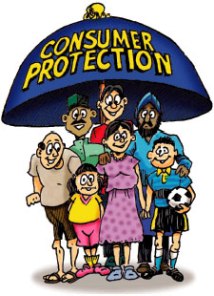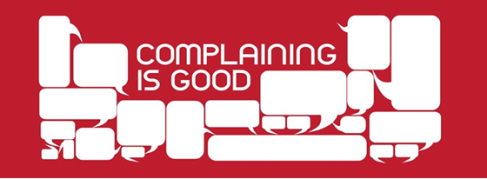Consumer responsibilities refer to the responsibility of having awareness of the quality and safety of goods and services while purchasing and the responsibility to collect information available about a product or service and to update oneself with changes or innovations taking place in the market. It means the responsibility to think as well as make choices independently and consider immediate needs and wants. It refers to responsibility to speak out, and to inform manufacturers and governments of needs and wants and the Responsibility to Complain or inform business along with other people about discontentment with a product or service in an honest way. There should be Responsibility of being an Ethical Consumer and be fair and not engage not in malpractices which make all consumers pay.
Responsibilities
Every right has it’s corresponding responsibility. As one is free to exercise his rights, then it is also essential to be aware of their duties as well. Namely there are two types of duties:
1. Duties with regard to the enforcement of our own rights
2. Duties in relation to other consumers.
The first category of responsibilities points out that for every right there’s consumer duty and responsibility to secure enforcement of that right. The social and cultural responsibilities related to rights of other consumers are listed below:
1. Duty to See that Products they Purchase are Safe
2. Duty to Acquire Information
3. Duty to Choose
4. Duty to Speak and Participate
5. Duty to Lodge a Complaint
6. Duty to Acquire Consumer Education







